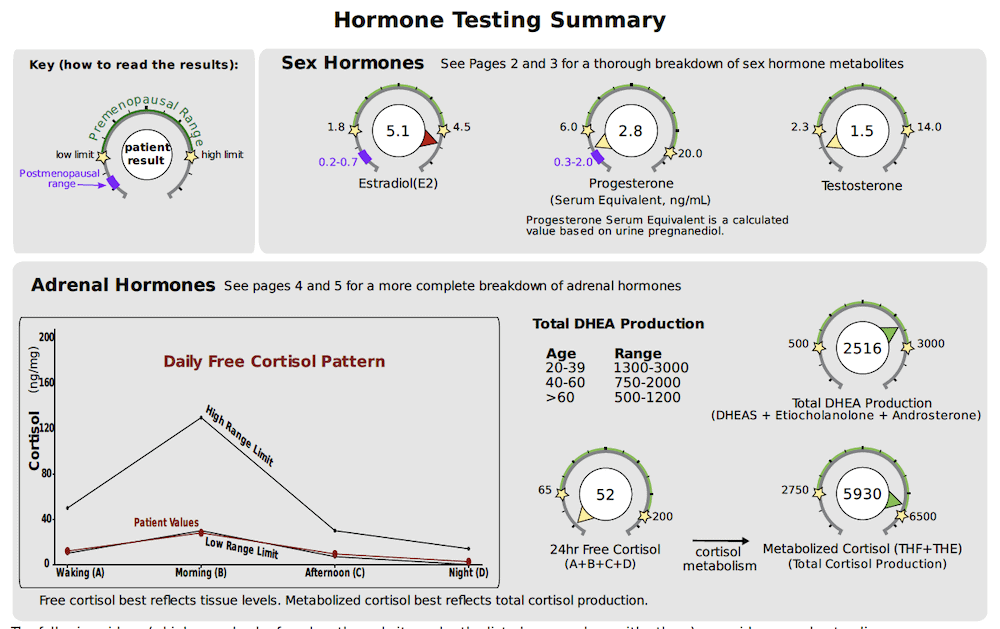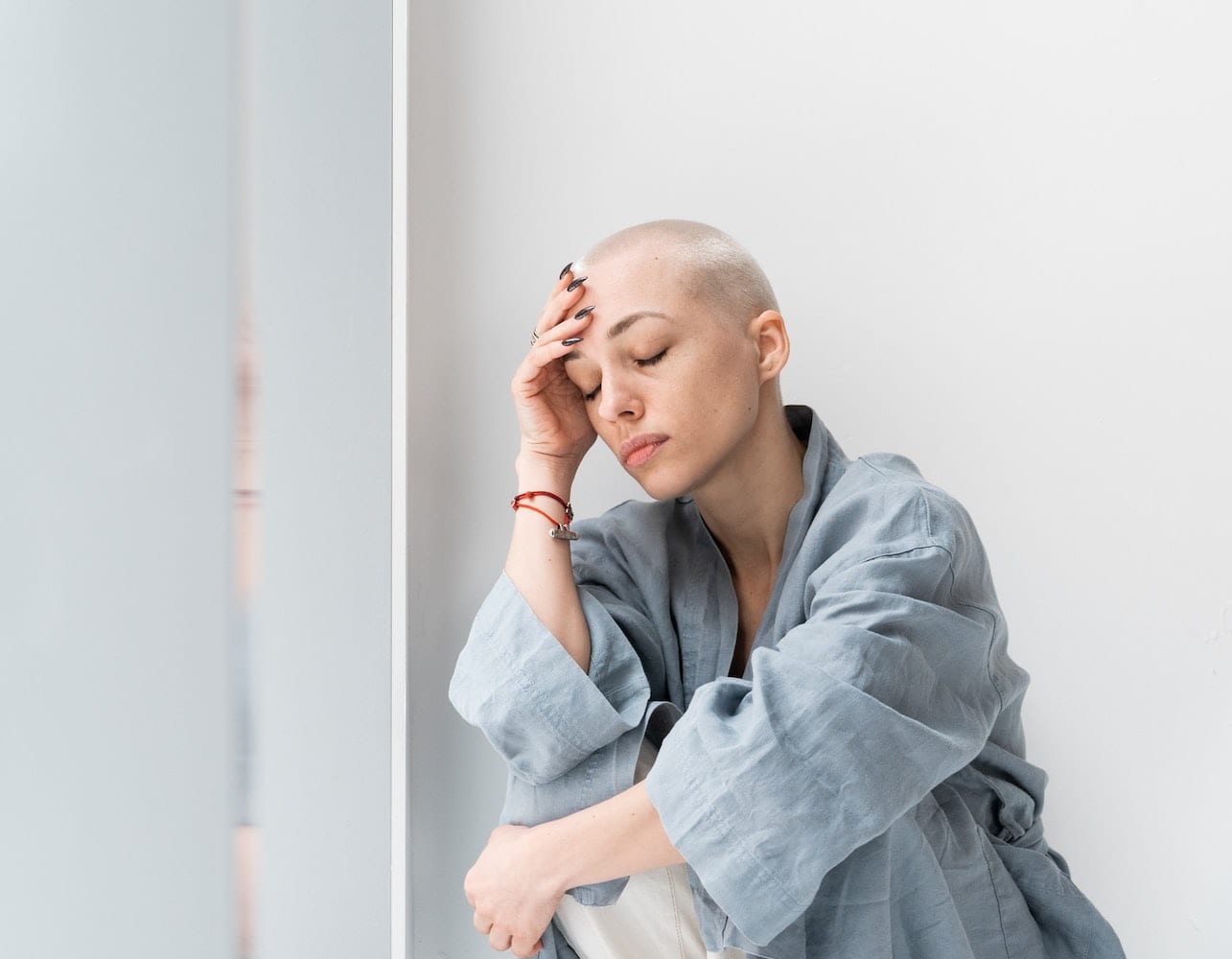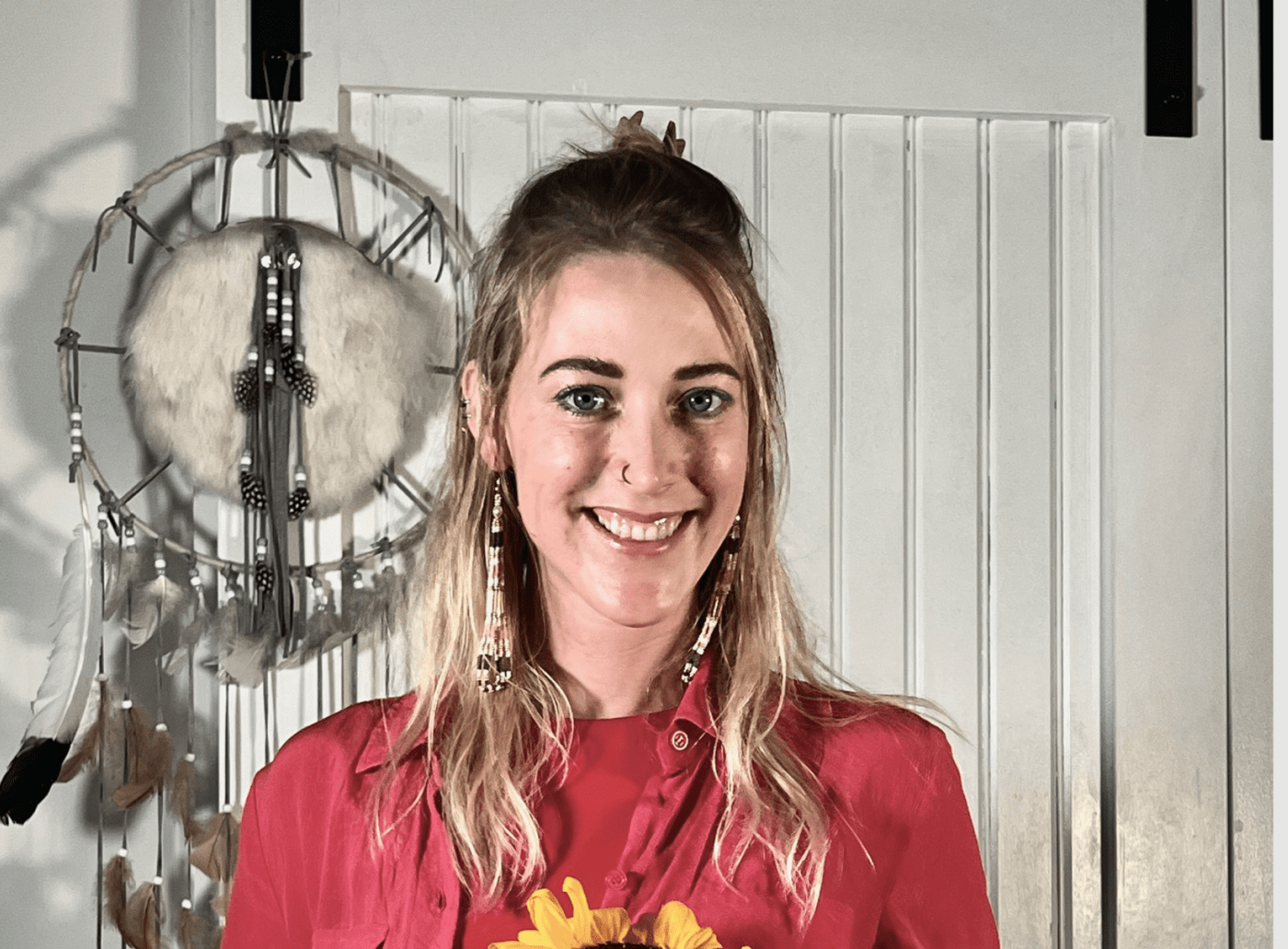PCOS: signs and symptoms of polycystic ovarian syndrome. PCOS is a type of hormone imbalance in women. PCOS can cause pain and other symptoms, however, it is a treatable condition.
Living with Polycystic Ovarian Syndrome (PCOS) comes with a variety of signs and symptoms. First, it is important to distinguish that a symptom is something that you are experiencing, whereas a sign is something that a Doctor can observe. And note that symptoms are real; they are not in your head…they are very real.
What are PCOS Signs and Symptoms?
It is very important to note that PCOS is not simply a sex hormone issue. Over half of women with PCOS also experience Insulin Resistance, a sign of PCOS. This can lead to Type 2 diabetes and/or depression and anxiety. Insulin Resistance causes trouble losing weight. Insulin Resistance also decreases Sex Hormone Binding Globulin, a hormone that is released from your liver and helps to regulate other hormones and sequester excess testosterone. This is one reason why Androgen Dominance and/or Testosterone Dominance can be worsened with PCOS. Androgen-dominant symptoms include acne, hair loss, hair growth in unwanted places, and frustration/rage.
Other symptoms that women with PCOS often experience are back pain, lower abdominal pain, pelvic pain, and lack of energy. PCOS-associated lower abdominal pain can be caused by gastrointestinal issues or inflammation in the ovaries. As we cycle and prepare for our periods, during the PMS time, we have more inflammatory cells circulating in our lower abdomen. This can lead to period pain, pelvic pain, and back pain. It is important to be screened for endometriosis if your pain is severe and to receive imaging (ultrasound, MRI, and/or surgical imaging).
The classic PCOS belly sign is often due to insulin resistance which can cause cortisol issues and/or androgen dominance. If you are experiencing a PCOS belly and skin issues, I discuss this further below in the functional medicine testing section.
PCOS can be genetic and it is strongly affected by your environment. So if you have PCOS and someone in your family does, know that you can take control of your situation, improve your health, and reverse symptoms of PCOS.
Other symptoms of PCOS include skipped and missed periods, infertility, anovulation (not ovulating) painful periods, and depression/anxiety, while signs of PCOS can include hirsutism (hair growth excess), insulin resistance, increased cholesterol, abnormal hormone tests, and multiple cysts on your ovaries. To learn more about the meaning of PCOS, read here.
What testing should I receive from my Doctor?
- A full hormone test, preferably on day 3 of your cycle, if you are cycling, and around day 21 for progesterone.
- LH + FSH
- Free + Total Testosterone
- Estradiol (Day 3 of menses)
- Progesterone (Day 21+/- days to account for ovulation timing)
- DHEA-S
- Sex Hormone Binding Globulin
- Prolactin
- Thyroid Panel: TSH, free T3, total T4, Thyroid Antibodies
- A Complete Blood Count that also screens for Anemia: Iron, Ferritin, TIBC, Iron Saturation
- Vitamin B12 + B6, possibly homocysteine, and the MTHFR Genetic Defect
- Iodine
- Magnesium
The following tests screen for type 2 diabetes and other health complications that commonly accompany PCOS:
- A Comprehensive Metabolic Panel (CMP) to check for liver and kidney function
- HgA1C (your average blood sugar over the span of three months)
- Fasting Glucose
- Insulin
- A total cholesterol panel
- Vitamin D (often low in women with PCOS)
- Inflammation Screening: ESR/CRP
* It is important to note that many women with PCOS can have a normal Hormone Panel but still experience PCOS symptoms.
How is PCOS Diagnosed?
To make it more confusing, the experts cannot agree on the criteria for diagnosing PCOS, as it changes quite frequently.
Polycystic Ovarian Syndrome can be diagnosed if you have a collection of criteria or signs below:
- Hyperandrogenism means signs of high testosterone or DHT (a hormone that is more or less a byproduct of Testosterone). In women: hair growth on face or belly, acne, male pattern hair loss (hair thinning), and other signs of high testosterone. Oily skin is also a hallmark of PCOS.
- Oligomenorrhea: absence of periods or cycles more than 35 days apart but less than six months apart, or amenorrhea (absence of menstruation for six to 12 months after a cyclic pattern has been established)
- Polycystic ovaries can be found on an ultrasound.
- Obesity and insulin resistance are present in about 40-60% of women with PCOS.
*Source: AAFP
The complete diagnostic criteria most recently agreed upon is listed above, but here is a quick summary:
Reproductive-aged women with:
- irregular menstrual cycles
- regular TSH, Prolactin, DHEA-S, 17-OHP
- +/- Polycystic ovaries found on an ultrasound
- high testosterone, DHT or signs of this (hair growth in places you do not want, acne, greasy skin, hair thinning)
My Doctor says everything is normal, so what is next?
If your labs are normal, but you are certain you could have PCOS, take a look at the lab handout. I use the World Health Organization values for fertility in order to evaluate hormone health. Basically, the lab values have a tighter range than what is accepted and used in the conventional medical system. It is also very important to note that you have other testing options that are not offered by your conventional doctor. These include functional medicine tests that can assess environmental toxicity, cortisol, free hormones, gut health, and nutrient analyses.
Functional Medicine Labs are the labs that help your Naturopathic/ Functional Medicine Doctor take you “beyond fine” in your health goals. They are proprietary tests (unapproved by the American Medical Association) that help narrow down your wellness plan and give more information that can be used to direct your health journey. One of my favourite tests to use is the DUTCH test, a dried urine hormone test.
DUTCH Test… looking beyond sex hormones:
Below is a sample of the DUTCH (Dried Urinary Test for Comprehensive Hormones) report summary.

Why DUTCH?
Many blood hormone tests are limited in assessing the levels of free hormones, the active hormones in your body. The DUTCH test looks at free hormones and your levels of cortisol, the stress hormone. One of the benefits of the DUTCH test is that it also looks at hormone metabolites. Remember the pesky androgen-dominant symptoms: acne, male-pattern hair loss, hair growth in unwanted places? The DUTCH test measures specific metabolites of testosterone to see if it is going down a specific enzyme pathway that causes those symptoms. In a woman with healthy hormones, Testosterone turns into Estrogen via the ovaries. And with many women with PCOS, Testosterone turns into DHT, causing androgen-dominant symptoms.
Over 50% of women with PCOS have Insulin Resistance, which can cause cortisol, your stress hormone, to become dysregulated. This can cause centralized weight gain, or a PCOS belly, which then further potentiates insulin resistance. There are lots of discussions about women with an adrenal-dominance or ovarian dominant PCOS in the functional medicine field. Though this is indistinguishable in medical diagnostics, it can affect your herbal remedies for PCOS and your overall healthcare plan. II often see high DHEA-S and healthy levels of testosterone with women that are highly stressed. High DHEA-S often accompanies PCOS, and selecting the proper herbal care plan is very important when addressing PCOS. The DUTCH test also assesses cortisol levels, both free and metabolized, which helps me decide what time of day my clients could best benefit from taking herbs to help energy their levels.
Salivary hormone tests are also a great method to measure hormones. Yet spitting into five test tubes is really not so fun. Also, salivary hormone tests often do not include hormone metabolites. So I highly recommend a DUTCH test to anyone who is trying to manage their PCOS naturally and get more specific with their care plan!
Gut Health Testing
Assessing your GI health with a microbiome analysis is essential if you have PCOS belly, weight gain, lower abdominal pain, bloating, gas, or irregular bowel movements. Often women with PCOS have compromised gut health. I personally use the GI Map by Diagnostic Solutions that looks for infections, viruses, microbiome levels, parasites, and other digestive function markers.
Insulin Resistance, Birth control, and imbalanced hormones can highly affect your gut health. Having proper digestive absorption and repairing leaky gut are essential for weight regulation, increasing your energy, and balancing your hormones. A PCR Stool analysis can help detect infections along and determine which probiotics you need as well as any other digestive health assistance.
Nutrient Analysis
There are many nutrient analyses on the market these days. Not all are created equal. Often proprietary tests don’t need to adhere to proper analysis protocols and technology. I have run nutrient tests and other hormone tests against major lab companies that advertise directly to the consumer, and they are not always matched.
That being said, my favourite nutrient analyses include Genova’s Nutraeval and SpectraCell’s micronutrient analysis. Women with PCOS often have nutrient deficiencies that need to be corrected.
Genova’s NutrEval also screens for environmental toxicity and heavy metals, whereas Spectracell has a more extensive micronutrient panel. Work with your Doctor to choose the best one for you.
You have PCOS, now what?
Get further testing and begin to look into integrative care plans. As an herbalist and Naturopathic Doctor, I create healthcare plans that can reverse your symptoms, for good.
- Look into herbs that support cortisol and stress such as:
- Tulsi
- Ashwagandha
- Rhodiola
- Motherwort
- Licorice
- Look into herbs that support your sex hormone health:
- Dong Quai
- Chinese Peony
- Vitex
- Black Cohosh
- Licorice
- Ensure that you know the top supplements and nutrients to help with blood sugar such as:
- Inositol
- ALA
- Vitamin B + D
- And don’t forget food and exercise as medicine.
- Find a great natural skin care regimen.
- My favourite shampoo for hair thickening is BondiBoost out of Australia.
- Remove Environmental Toxins from your home. In my Group Education, I have many shopping suggestions, houseplants for a healthy home, and other ways to avoid environmental toxins.
- Be sure to receive support from a local group or a therapist. I have groups running regularly that can help you understand how to better address your symptoms and I offer experiences that actually help you befriend your body, your greatest consort.
- ***For further reading on herbal treatment for PCOS, read here.
In closing
Women with PCOS face many difficult signs and symptoms of this complex hormonal condition. Careful blood testing can help your doctor determine where to start with your treatment plan. Even if your lab results are normal, it is essential to dig more deeply. Functional Medicine Labs, specifically the DUTCH dried urine hormone analysis test, allows your doctor to get a clearer picture of your hormone levels and metabolites. In addition, a gut microbiome assessment should not be overlooked if you have the PCOS belly, weight gain, lower abdominal pain, or digestive irregularities. These issues must be addressed as a critical part of balancing your hormones. After all thorough testing is completed, an integrative care plan focused on herbal medicine can be created just for you!
So be sure to find a Doctor that listens to you and validates your experience in your own body. You are the only expert of your body, so own it. If you need help finding a local OB-GYN, primary care doctor, or endocrinologist, I am here to help, anytime. The cycle ends here with PCOS suffering. And I am happy that I am here to help you find the cause of PCOS and eliminate symptoms that are stopping you from living life to your fullest. You are a gift to this world.



